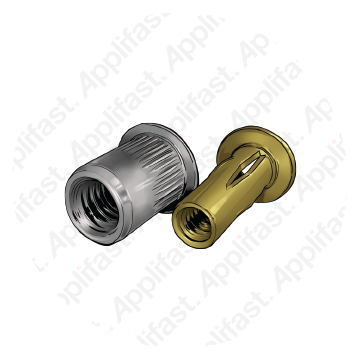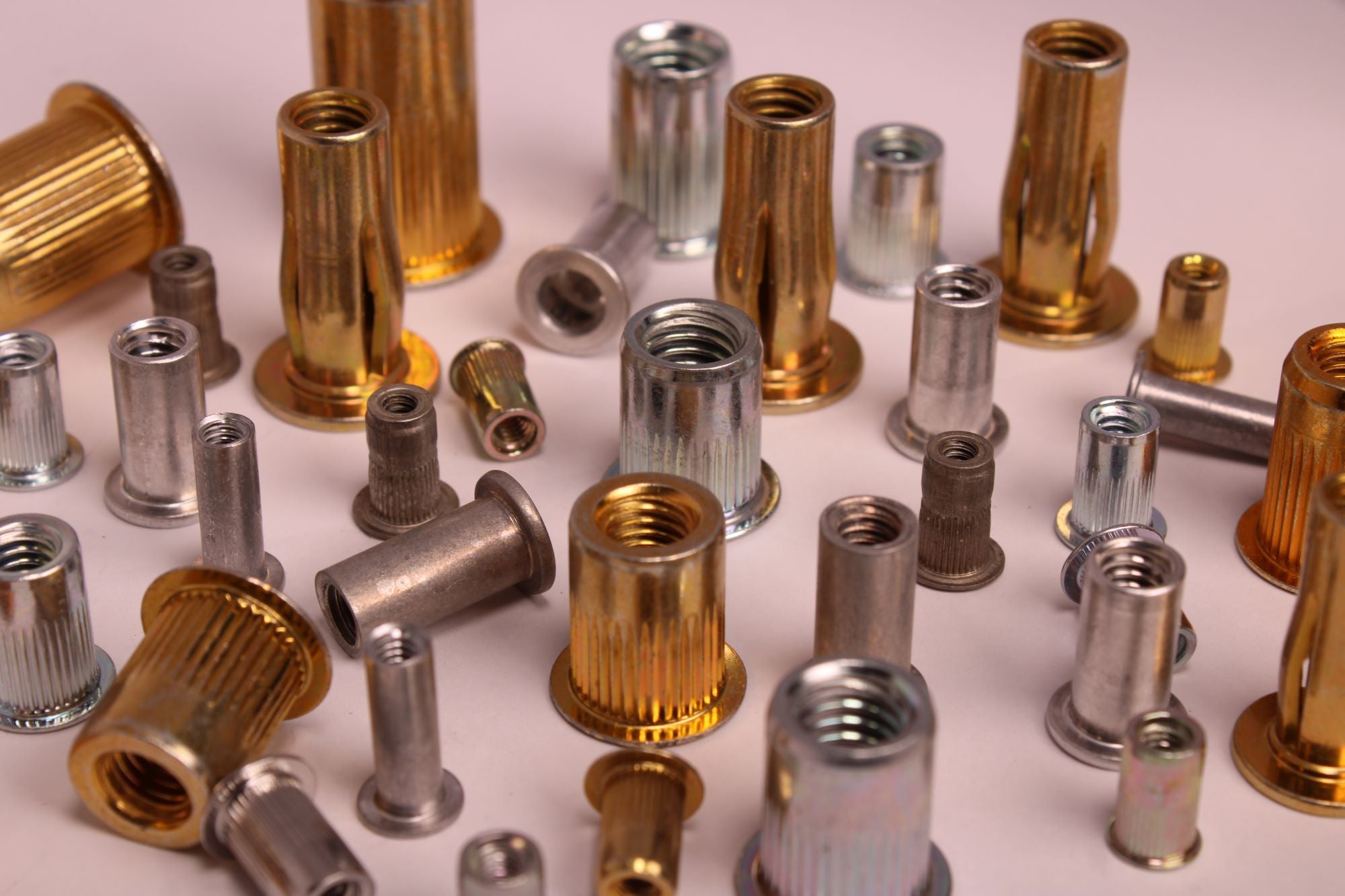
Threaded Inserts and Studs

Threaded Inserts and Studs
Interested In Threaded Inserts and Studs?
Blind threaded inserts and studs have been engineered to meet the rigorous demands of all industries.
FAQs
Threaded inserts and studs provide strong, wear-resistant threads in materials that are too soft or brittle to support repeated assembly and disassembly. Inserts and studs distribute the load more evenly across the material, reducing stress and preventing strip-out or damage under high torque. This reinforcement extends the lifespan of the assembly, especially in applications where components must be frequently serviced or replaced.
Yes! Threaded inserts are available in materials such as steel, stainless steel, brass, and other alloys that offer excellent resistance to heat and corrosive elements. Special coatings and treatments can further enhance their resilience, making them suitable for use in harsh conditions, including those found in the automotive, aerospace, and marine industries.
The installation process for threaded inserts and studs can vary depending on the type of insert or stud and the application. Generally, it involves preparing the selected material with the correct size drill hole for the insert or stud. For threaded inserts, an installation tool/drive tool may be required to thread the insert into the material or to provide the necessary compression for expansion inserts. For studs, the process might involve welding, adhesive bonding, or mechanical fastening. It's important to know the hole size, depth, and installation technique to ensure a secure fit and optimal performance.
Threaded inserts and studs are designed to perform exceptionally well under dynamic loads or vibrations. They create a mechanical lock within the selected material which helps to maintain integrity and resist loosening over time. This makes them ideal for applications in industries such as automotive, construction, aerospace, and heavy machinery.








